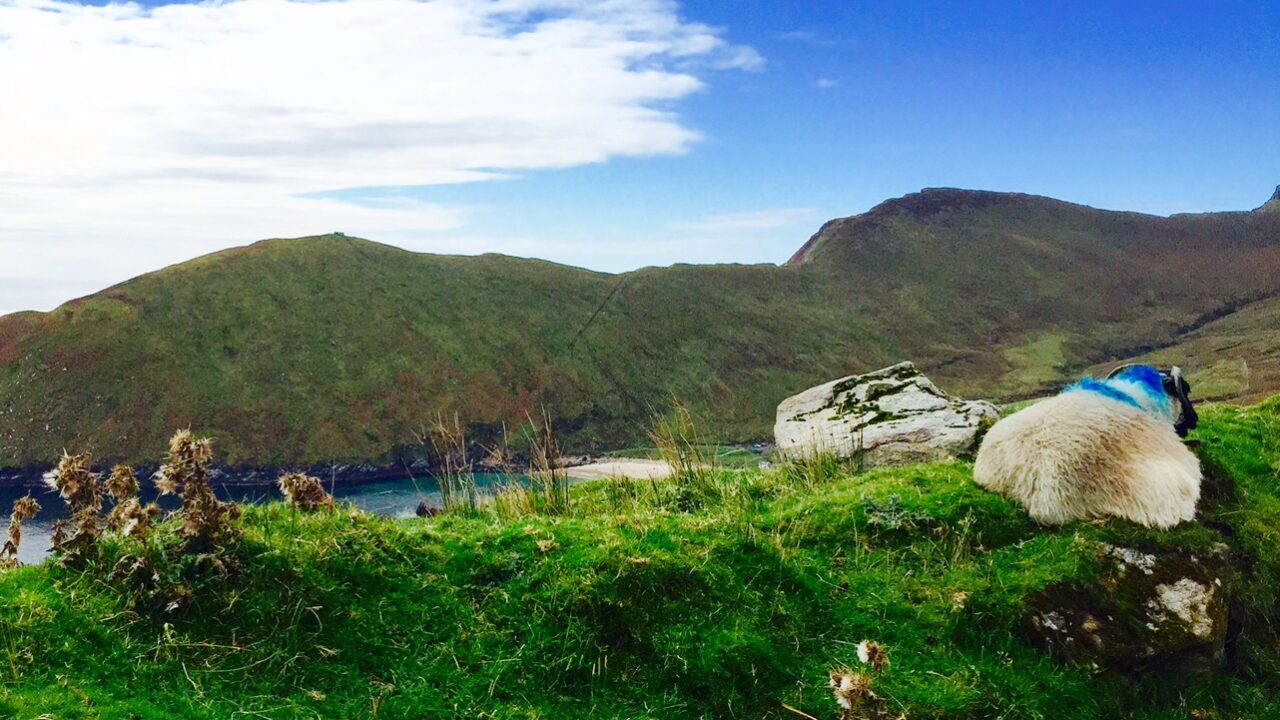There is “a real danger that farmers will once again be the big losers” in the push by politicians and NGO’s to embrace ambitious proposals to increase biodiversity and address climate change through designated land policy, according to the Irish Natura and Hill Farmers Association (INHFA).
INHFA president, Colm O’Donnell, has stressed the need to firstly engage with farmers and landowners before any changes are made.
O’Donnell stated that since the late 1990s, farmers have “lost control of their lands as the EU and Irish state has effectively claimed squatters’ rights on their property through the implementation of the SAC [Special Areas of Conservation] and SPA [Special Protection Area] designations”.
Sidelined in terms of designated land policy
Through the 38 actions requiring consent (ARCs) on these lands, farmers have continued to be “sidelined to the role of passive onlookers through the ‘squatting’ actions of our state, as applied through the National Parks and Wildlife Service (NPWS)”, O’Donnell continued.
“These actions have failed for both the farmer and the environment as detailed by an NPWS report outlining how 92% of these habitats have stagnated or regressed while under their control.
“Habitats delivered by our farmers through their farming practices, and were identified because they were worth protecting. For these farmers, the last 20 years have been very difficult.
“In this period, they have been denied the opportunity to manage their lands while also being blamed for any regression in the habitat status and now the Irish state and EU want to drive on with this failed policy,” he added.
EU Biodiversity Strategy
The INHFA has said that proposals in the EU Biodiversity Strategy to double the area of land designated and introduce a more restrictive designation type titled ‘strictly protected’ will “fail as the current policy has, because just like the 1990’s, we have a policy dictated to us from Europe without any consultation with the landowners”.
O’Donnell added: “It’s also very important not to turn a blind eye to the thousands of farm families who farm those lands daily and support our local businesses.
“If the EU and Irish state are serious about protecting our biodiversity and improving habitat status, then they need to engage with our farmers who have delivered in the past and can do so again.
“In doing this, there needs to be an acceptance that the ongoing policy of ‘squatting’ on farmer’s land is wrong and must be reversed.”
Concluding O’Donnell warned that failure to address this, will have major consequences for the ongoing policy and any new strategy, describing farmers and their families as being “at breaking point”.
